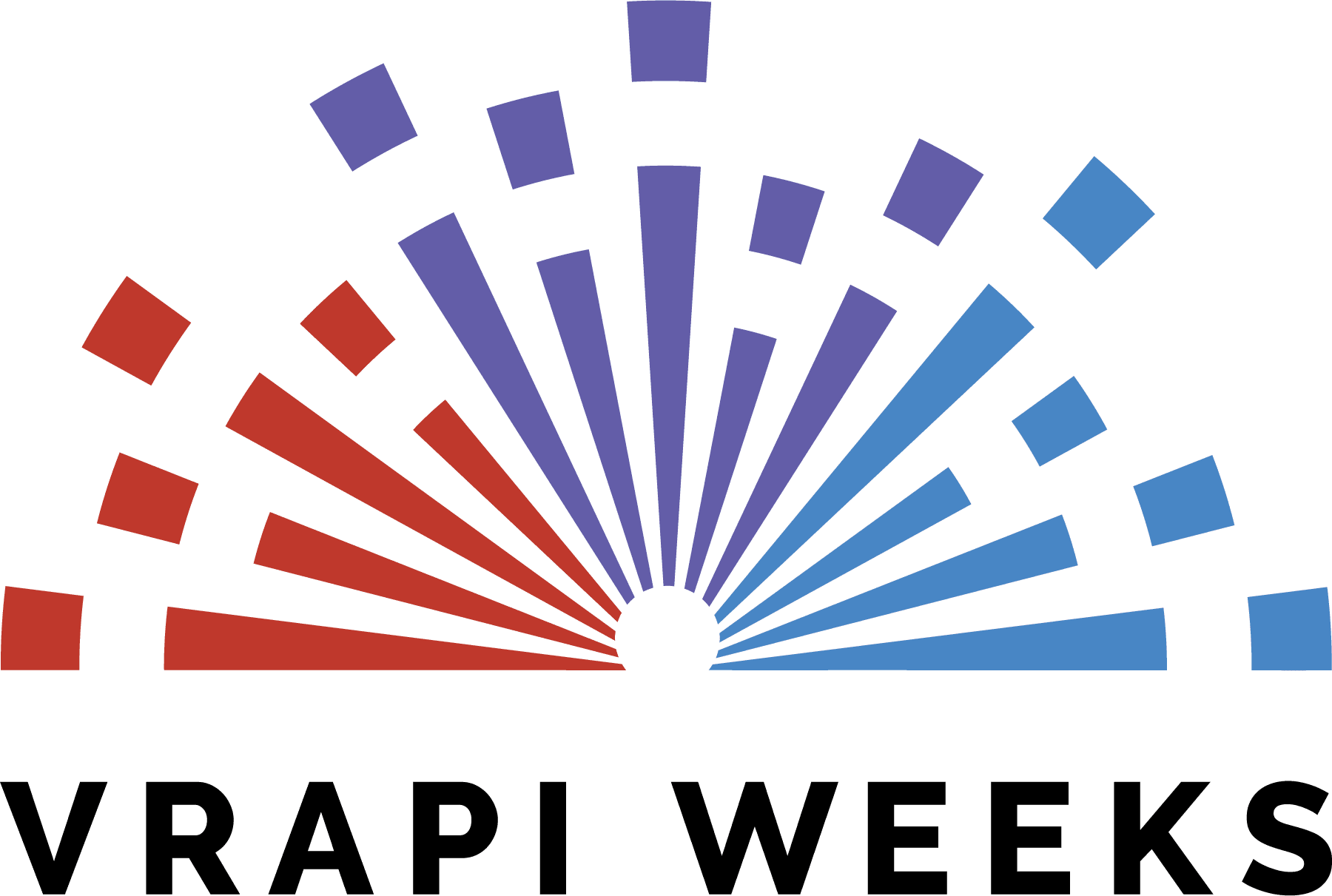
The United States government regulates who can enter the USA, how long they can stay, and whether they can work in the USA through statutes, regulations, court decisions, administrative guidance, and executive actions known as “Immigration Law.” This is a complicated area of law that is constantly changing in response to political and economic shifts in the USA. A knowledgeable immigration attorney can help you to navigate the intricacies of immigration law to find the best solution to your immigration quandaries.
There are three main ways that someone can immigrate to the United States: Family-Based Immigration, Employment-Based Immigration, and Humanitarian Relief.
Family Based Immigration
US Citizens and Lawful Permanent Residents can sponsor family members for permanent residency (a green card).
Citizens can sponsor their spouses, children, parents, and siblings for permanent residency. Spouses, unmarried children under 21 years old, and parents of citizens qualify as “immediate relatives,” for which there are an unlimited number of visas available each year. Married children, children over 21 years old, and siblings of citizens, along with spouses, children under 21 years old and unmarried adult children of Permanent Residents must apply for residency under the family preference system. There are a limited number of visas available each year through the family preference system, so there is typically a waitlist. For more information on the visa waitlist, please visit our blog here.
The process of applying for residency through a family member involves first filing an I-130 Family Petition, which proves the family relationship between the Citizen or Permanent Resident family member and the immigrant family member and then either applying for Adjustment of Status or Consular Processing, depending on eligibility. Adjustment of Status is the process of applying for U.S. residency from within the USA, and Consular Processing is the process of applying for U.S. residency at the U.S. consulate abroad. The eligibility criteria for each process are different and depend on the applicant’s immigration history.
Employment Based Immigration
Employers may sponsor immigrant employees for permanent residency. First, the employer must typically go through the PERM labor certification process with the Department of Labor to prove that there are no U.S. workers who are able and willing to take the job that the employer is offering to the immigrant worker. Second, the employer will file an I-140 petition with USCIS, and then, third, the immigrant worker will either apply for Adjustment of Status or Consular Processing depending on individual eligibility and visa availability. There are a limited number of immigrant visas available each year for employment-based petitions, and we have more information regarding the visa waitlist here.
In addition, individuals of extraordinary ability and those who can show that their proposed work in the USA is in the national interest may be eligible to file for a self-petitioned EB-1 or EB-2 visa and forgo the PERM Labor Certification Process. Religious workers may also be eligible to forgo the PERM Labor Certification Process and instead immigrate through a religious-worker specific process.
An alphabet soup of nonimmigrant visas also exists, which allows individuals to come to the United States temporarily for a specific purpose. This includes F-1 visas for students to study at a U.S. University, H-1B visas for professionals to work in the United States, B1/B2 visas for tourists, O-1 Work Visas for individuals of extraordinary ability, R-1 visas for religious workers, and other types of visas.
Humanitarian Relief
U.S. immigration law features humanitarian programs that offer pathways to residency in specific circumstances, such as:
VAWA self-petitions under the Violence Against Women Act are available to eligible individuals who have suffered from domestic violence at the hands of their U.S. Citizen or Permanent Resident family member. Certain family members may be included as dependents.
U Visas are available to eligible victims of qualifying crimes who have been helpful to law enforcement in investigating/prosecuting the crimes. Certain family members may be included as dependents.
T Visas are available to eligible victims of human trafficking. Certain family members may be included as dependents.
Asylum is available to eligible individuals and their dependent family members who have been persecuted in their home country or have a well-founded fear of future persecution based on race, religion, nationality, political opinion, or membership in a particular social group.
Special Immigration Juvenile Status (SIJS) is available to eligible undocumented children who have been abused, abandoned, or neglected by their parents.
Tips for Starting the Immigration Process
- Consult with an experienced immigration attorney. Immigration law is very complicated, and we recommend consulting with a subject matter expert. Consider scheduling a consultation with our talented team of Vrapi Weeks attorneys.
- Be honest with your immigration attorney. The Vrapi Weeks attorneys cannot properly advise you of your immigration options if we do not know all the relevant facts of your immigration, criminal and family histories.
- Gather copies of all your prior immigration documents. Consultations are more fruitful when we can review your immigration history documents with you. We will need to discuss dates of entry/exits to the USA, prior visas and petitions, prior contacts with immigration, deportations, and prior criminal history.
For more background material on immigration options, see the American Immigration Council, USCIS, and the Immigrant Legal Resource Center.


